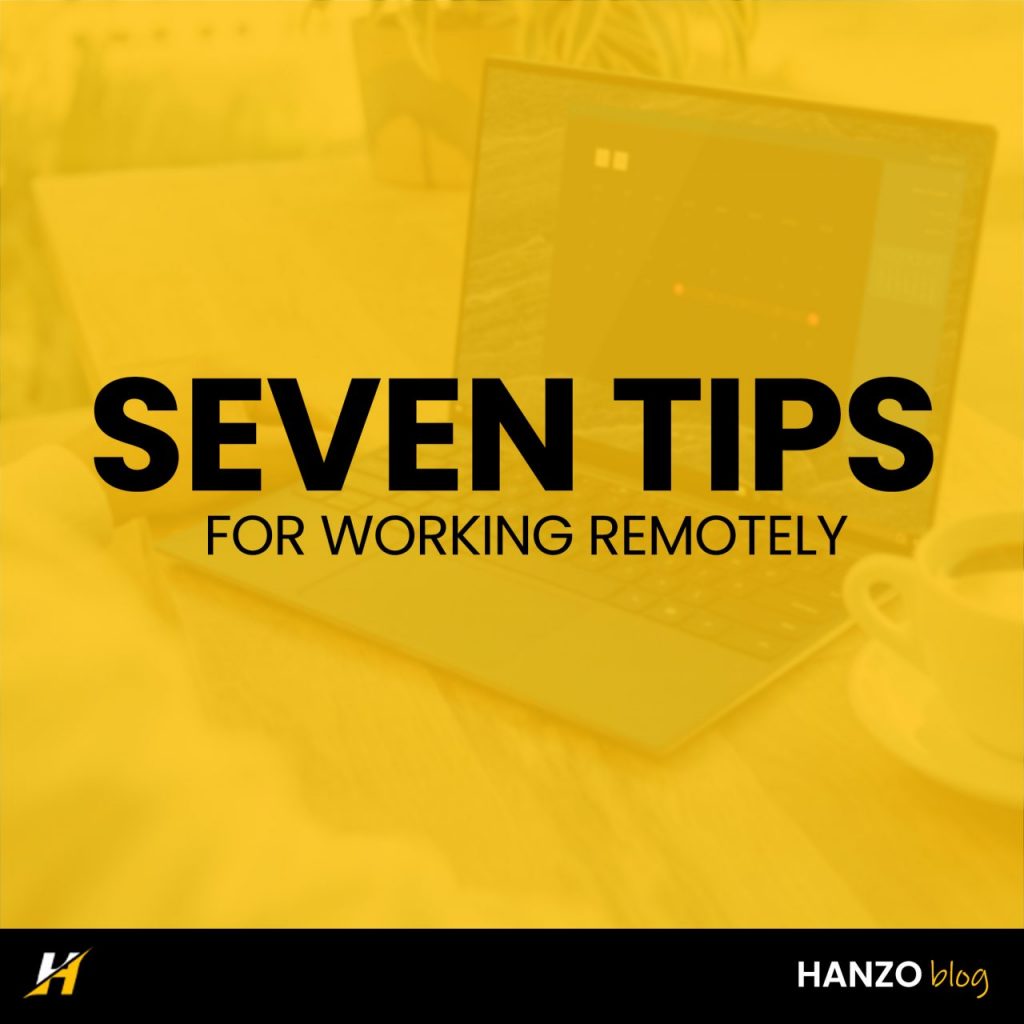Remote working productivity is not a difficult task to achieve, especially if you’re in for the long haul. If not managed correctly, it can become more stressful and result in a lot of white hair. Even more, than you had when you worked regular office hours. It’s the reality that working remotely can be filled with distractions and frequently does not have a clear structure unless you’re deliberate and focused.
The good news is that there are seven strategies that you can follow to become more efficient and less stressed.
1. Stop Email Notifications
Nothing can kill your work more than incoming email notifications. Switch them off. Then, schedule the task of checking the email at least three times, each morning at the beginning of lunch, another time just before lunch, and then at the time of day’s end.
If you check your email just before taking an afternoon break to eat lunch and again at the end of your day, you’ll be less likely to be swept into the world of email that has destroyed many productive days for the most diligent of us.
2. Try something else first
If you’re working out then you’d first stretch and warm up. If you start right into your exercise, there’s a high possibility that it won’t last for very long. It’s unlikely that you’ll be at your best, and you’ll likely get injured.
Don’t believe it, but the same applies to work (okay perhaps it’s not the injury part). Get your day started by doing something different.
Indeed, email doesn’t count. Go for a walk, read a book or go for a walk or watch a show or exercise.
3. Chunk your time
One of the major benefits of working from home is that it means it’s not necessary to get up at 8 am and be there until 5 pm. This is great because working remotely can present a unique situation that is known as “life.”
For instance, I live in a joint family system and it’s not uncommon to do nothing but work. At other times, it’s impossible to complete anything. This is why I schedule times during the day to accomplish my work.
Each block is assigned a function, which I note in my schedule on Trello. I allocate chunks of time for writing, doing article research, or making graphics. This helps me manage the process of work and also ensures that I’m able to manage the inevitable interruptions that happen when remote work.
4. You need a landing area
If you prefer to experiment and work from various places make sure you have a place where you can return to whenever you need a place to settle down to finish work.
My home office is used for video-based meetings, research, and when I need to work. No matter where you’re “place” is, it should be equipped with a comfortable chair as well as a desk. You should also have access to all the necessary things for working comfortably and productively, including technology and equipment.
5. Go out and explore the world
As crucial as it is to have a location to land, make the most of the possibility to work from any location, and locate a place that is interesting to work. Creative block or writer’s block is an actual phenomenon. I usually overcome these by going out for coffee or running errands. You never know when or where inspiration might strike.
Coffee shops are great since they are stimulating your mind in ways that your workplace doesn’t. They also aid in creating the belief that you’ll eventually be able to accomplish something. You’ve gone somewhere physically with a goal It’s much simpler to remain focused on your goal.
6. Lock and Load
Perhaps the most difficult thing when working remotely, particularly working from home, is the fact that sometimes you must not be able to say “no” to people you cherish. I am a huge fan of my family but there are instances when I need to finish my work.
Be honest about the time you work against family time, and make it clear that, when you’re in the office you’re not willing to take part in impromptu errands that your wife comes up with out of thin air.
7. Make a plan for when you should quit
Working at home doesn’t mean that you have to work all the time. It’s unhealthy, and it’s unfair to others and the responsibilities you have that you have. It’s also much more likely to be productive if you are aware that you have a limited time. Make a schedule and adhere to it.



